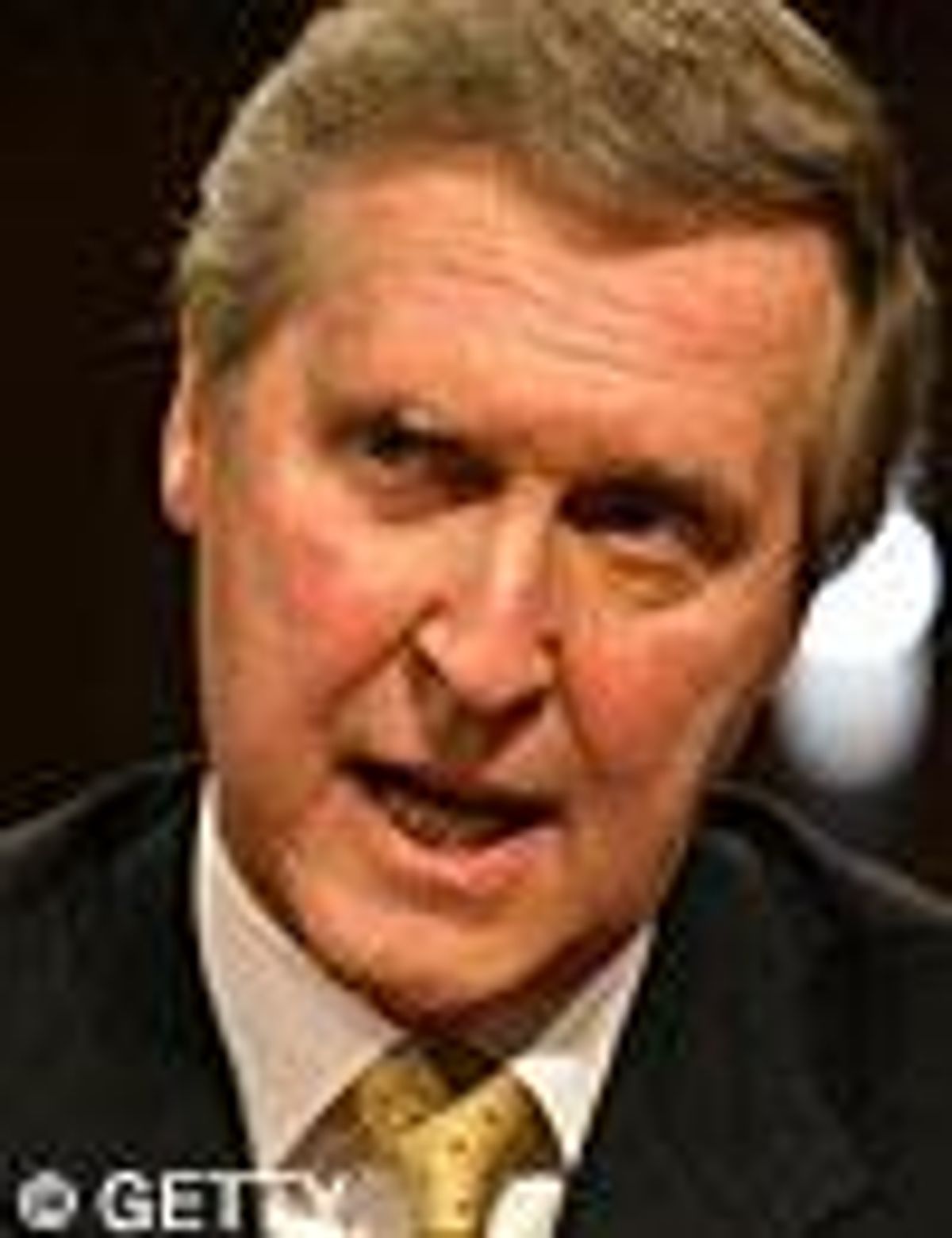Joining a long
list of former military leaders who have come out against
the Pentagon's "don't ask, don't tell" policy regarding gay
service personnel, former secretary of Defense William Cohen
told CNN's Wolf Blitzer on Tuesday that
congressional leaders should revisit the gay ban.
"It's time to start thinking about it and
starting to discuss it," Cohen said in an
interview regarding a January 2 New York Times op-ed
by retired chairman of the Joint Chiefs of Staff John
Shalikashvili. "I think what we're hearing from
within the military is what we're hearing from within
society--that we're becoming a much more open,
tolerant society for diverse opinions and
orientation," Cohen said, adding that the ban is
"a policy of discrimination."
Cohen's
remarks are the first by a Defense secretary indicating
support for reevaluating the law. He went on to say
that "we ought to have discussions, some
hearings" and noted that "I think that
[incoming Senate Armed Services Committee chairman
Carl] Levin and others will ask for hearings and
listen to testimony."
Cohen's
remarks follow both Shalikashvili's op-ed and a
December 2006 Zogby/Michael D. Palm Center poll
finding that most service personnel are comfortable
with lesbians and gays. Shalikashvili wrote in The New York Times, "Last year I held a number of meetings
with gay soldiers and marines, including some with
combat experience in Iraq, and an openly gay senior
sailor who was serving effectively as a member of a nuclear
submarine crew. These conversations showed me just how much
the military has changed and that gays and lesbians
can be accepted by their peers."
Other prominent
military leaders, including Lt. Gen. Claudia Kennedy, USA
(Ret.), RADM John Hutson, USN (Ret.), and former West Point
superintendent Daniel Christman have also expressed support
for revisiting the law. "I think it will
absolutely happen," Hutson said when asked by
the Associated Press if repeal is imminent.
"All of
the data indicate that change on this issue is
inevitable," said Aaron Belkin, director of the
Michael D. Palm Center. "The vast majority of
service members are personally comfortable working and
interacting with gays and lesbians, and there is only
so long that Congress can ignore the evidence."
(The Advocate)



















































































